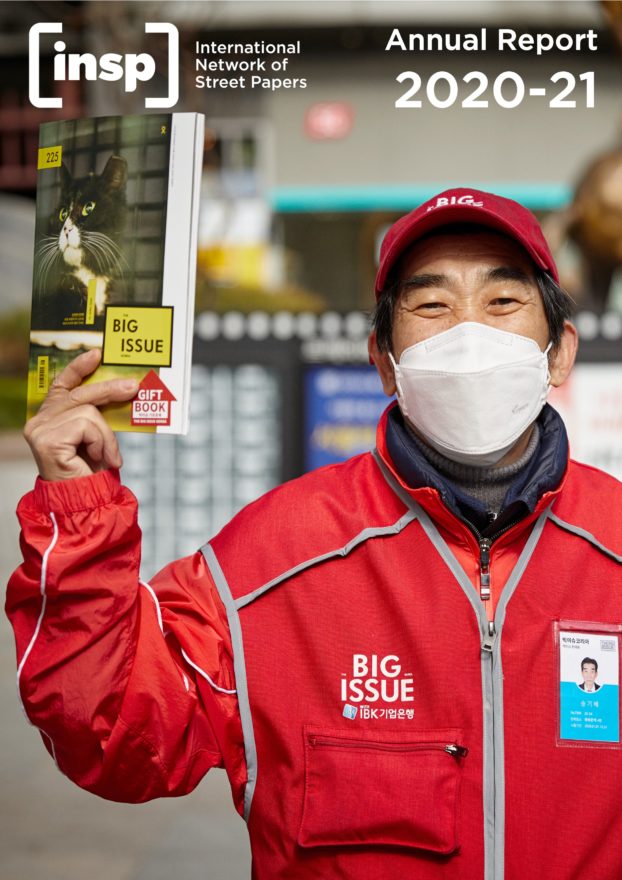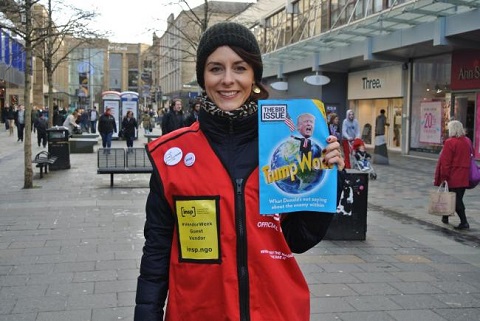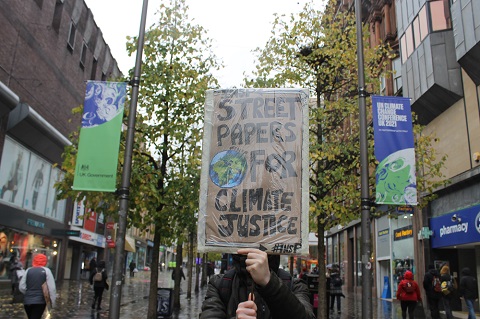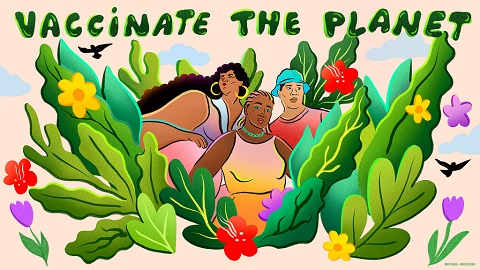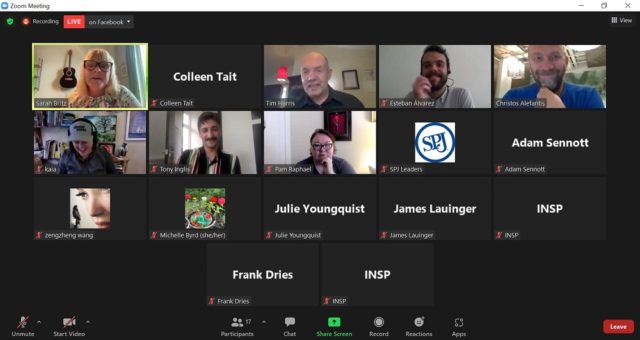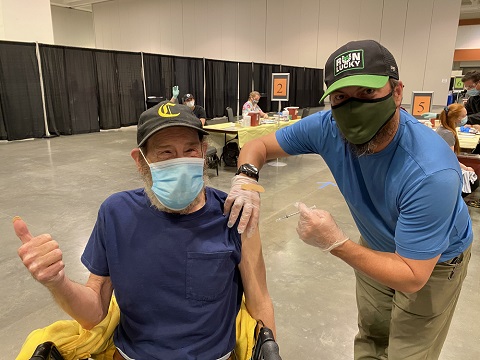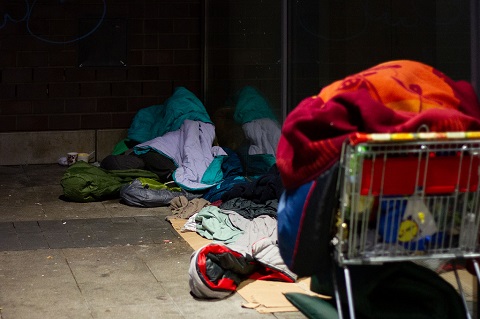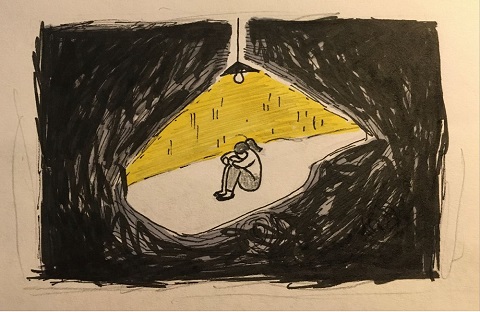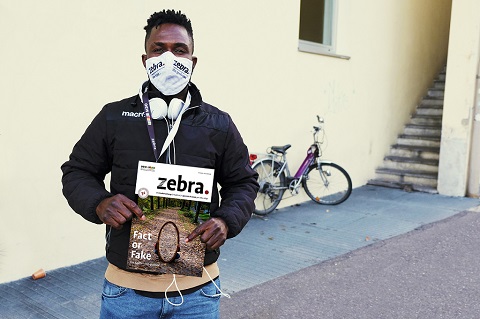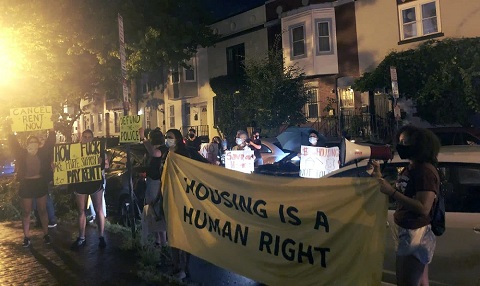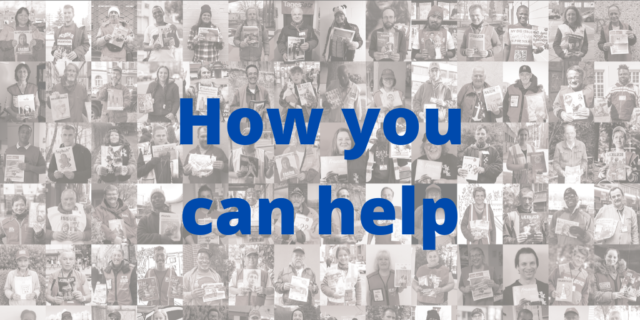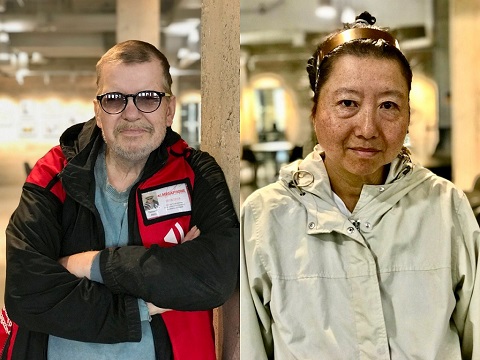By Jenna Minser
I had three months left of my study abroad experience in Edinburgh, Scotland when my program was cancelled. In one fell swoop, I was heading back to my hometown, accepting the reality that my post-graduation plans in May wouldn’t happen, and realising my future was murky at best. Like almost everyone else around the world, my life was upended by COVID-19.
In fact, it only took a few short days from when I was booking flights around Europe with my friends and spending afternoons exploring Edinburgh before I boarded a terrifying flight home with hundreds of other Americans amid an unprecedented outbreak. It was 11 March when I woke up to a phone call at 2am from my mom telling me that the US had announced a travel ban from Europe. By 18 March, I was home.
My story is not unique. It is one that echoes not only the experience of thousands of other university students whose study abroad was cut unexpectedly short but of students all around the world in their last year of school, robbed of a celebratory and memorable final term. I’m now back in my parents’ house and, like so many others in my position, won’t be leaving anytime soon.
With everything that’s happening, it’s easy to forget the things that I’m grateful for: my family and friends are all safe and healthy. I had a home to come back and supportive parents who love me. I have a big backyard, a Netflix subscription, and plenty of time to video chat with my friends who are in the same boat. But it’s also just as easy to forget that a lot of people have it worse.
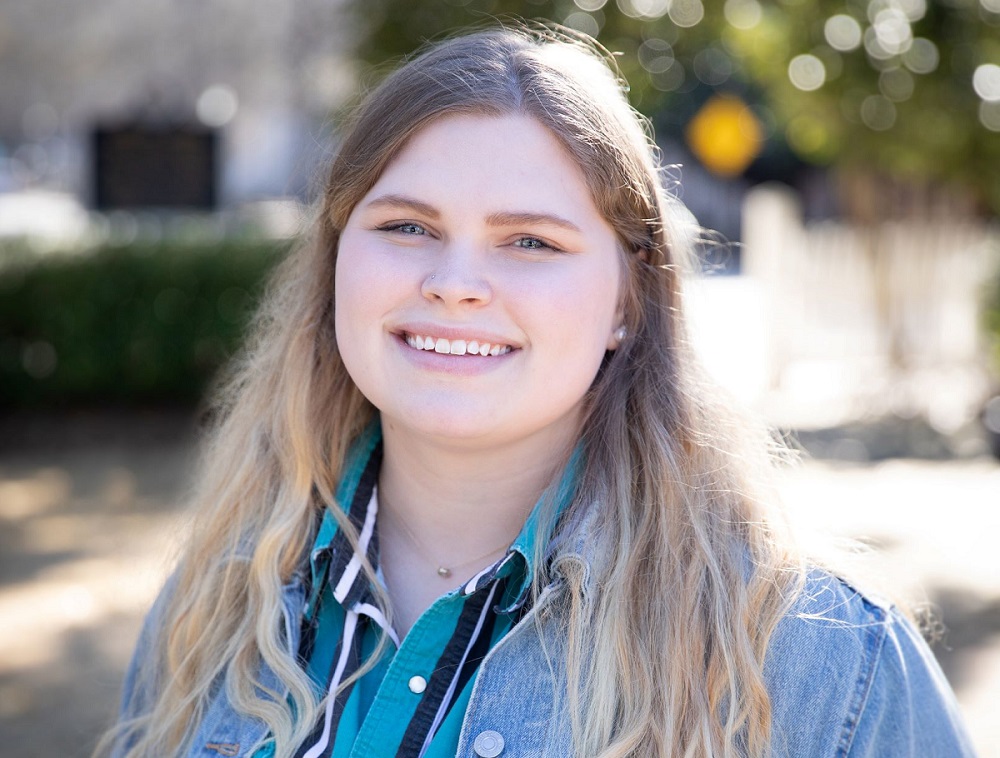
One of the best parts of my study abroad experience, though it was cut short, was an editorial internship I had with the International Network of Street Papers (INSP). Not only was I able to write for a group of publications that reached people all around the world, but I was welcomed into a vibrant community of people working towards social good. Through INSP, I was able to speak with vendors facing homelessness from a multitude of places, interviewed companies dedicated to making positives changes in their neighbourhoods, and, most importantly, learned a lot more about the challenges people who face homelessness and job insecurity cope with. COVID-19 has only made things worse.
I feel a near-constant worry for the future. Not just my future, but my friends’ futures. I’m resentful that my international adventure was cut short. I’m stressed about the fact that my summer plans are uncertain and that I might still be at my childhood desk a year from now. I’m trying to balance supporting my community – both among my immediate neighbours and those who are also graduating from university during this global pandemic – while trying not to go crazy myself.
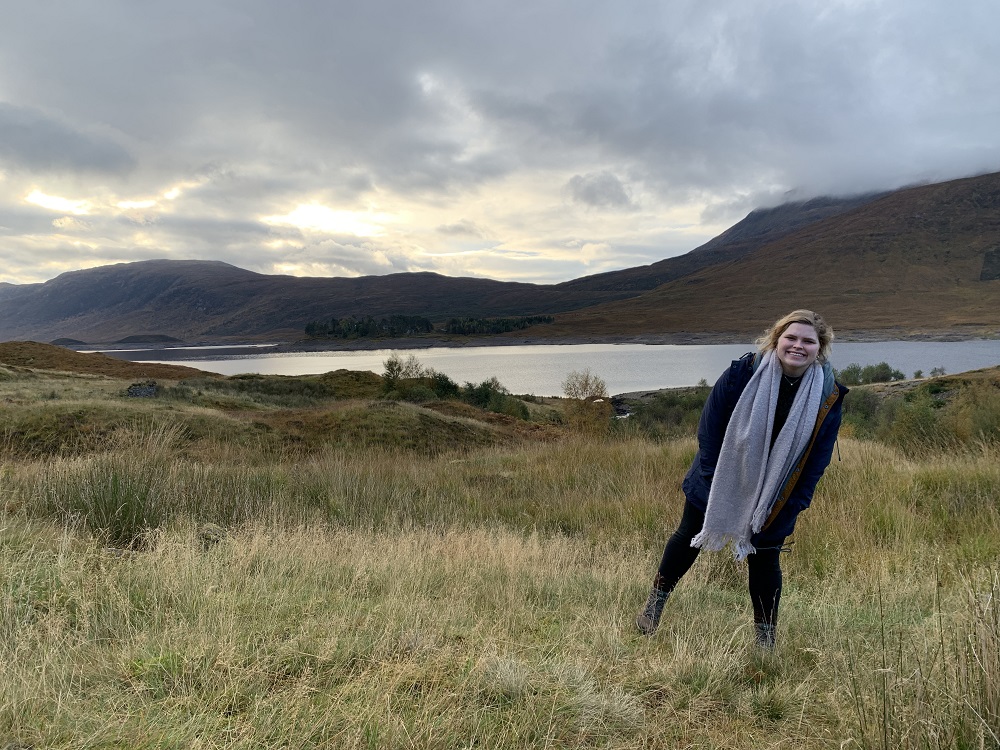
Sometimes, it feels like I don’t have the emotional capacity to think about people who are in much worse situations than me. The thought that there are so many without safe spaces to self-isolate, without jobs, and without a support network to lean on feels overwhelming. I think a lot of people feel that way. It’s the same reason that I feel unjust complaining about my own life. Yes, I lost a lot because of the coronavirus, but it’s nothing compared to what others are going through.
However, my experiences with INSP are helping to inform what I can do for those people struggling right now. The idea of trying to change and fix what the entire world is experiencing is unfathomable, just as it is to not allow ourselves to mourn the things we have lost, even if others are worse off. Instead, I’m trying to focus on what I can do: I can care for people, myself included.
I can bring my grandparents and their neighbours groceries. I can donate to charities doing good work. I can be supportive of my friends who are self-isolating in toxic environments. I can cut myself slack – sleep a lot, take walks, drop expectations that I must accomplish a million goals during quarantine. I can support my community simply through phone calls, kind words, and a positive attitude. It won’t make everything better, but it will do some good. And I think we all need a little more good right now.
Find out how to support street paper during the coronavirus crisis here.




